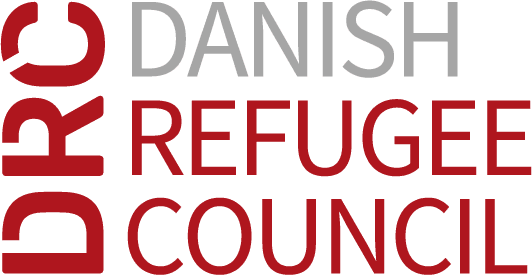
How Somali Diaspora organizations fight climate change & respond to humanitarian crises
15 November 2021
Somalia has been plagued by climate shocks and violent conflict for more than 30 years, the latter caused by the collapse of the Somali central government in 1991. Since the formation of the Federal Government of Somalia in 2012, the country has made significant progress towards restoring peace and security. However, political instability and armed conflict has been ongoing, caused by clan dynamics and driven by land and natural resources competition. This was worsened by the recurrent climatic shocks of periodic droughts and floods.
In 2021, almost 6 million people were in need of humanitarian assistance. Parallel to the institutional humanitarian system, Somalis diaspora groups are emerging actors and provide life-saving support.
In the recent case-study we have identified 22 Somali diaspora organizations that were regularly active in humanitarian response with the majority based in Europe, followed by North America. Over half have formal structures and set-ups.
The Somali diaspora counts over two million globally and has a deep-rooted tradition of providing both continuous and ad-hoc support, often in the form of remittances, to their families, clans and communities. They are fast responders in times of severe crisis and can scale-up distributions significantly.
Those diaspora groups are involved in multiple areas such as livelihoods, women’s empowerment and education; they were less involved in protection, nutrition, provision of direct health services, livestock treatment and economic development.
The majority of their responses were for sudden-onset crises such as floods and cyclones. But also displacement due to armed conflict and spikes in drought were other leading reasons for diaspora organizations’ humanitarian response.
Interested for more? Read our report here


